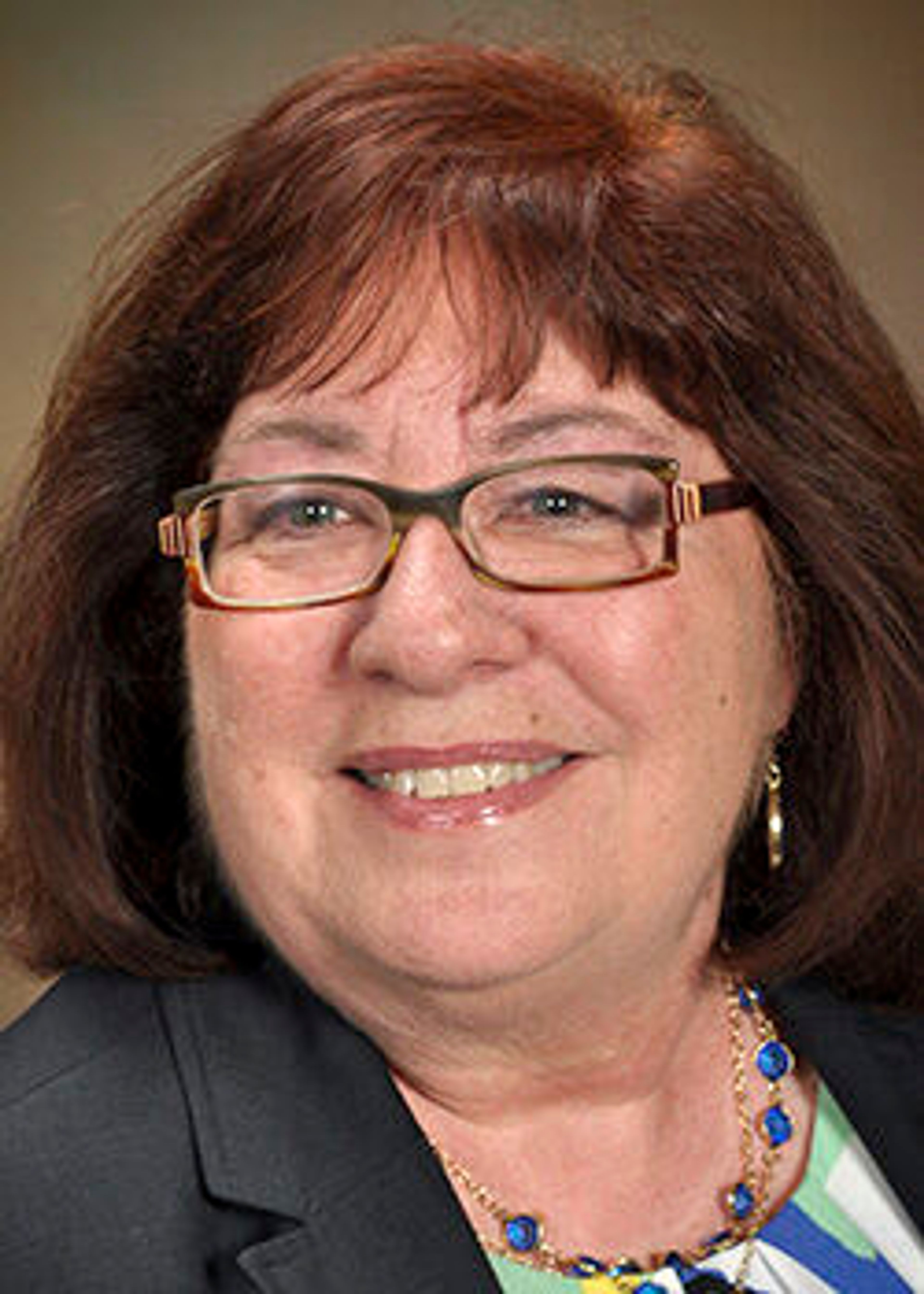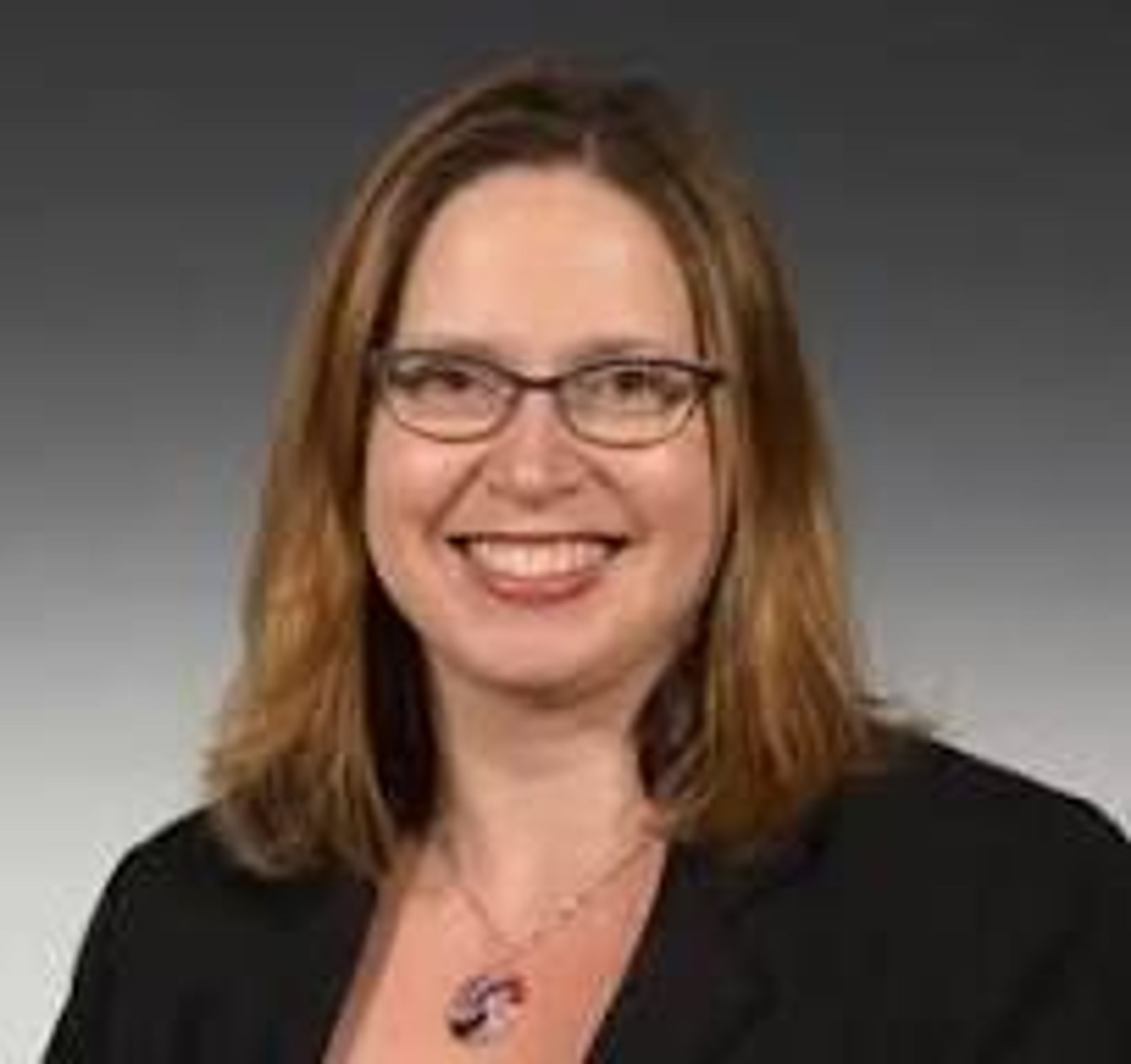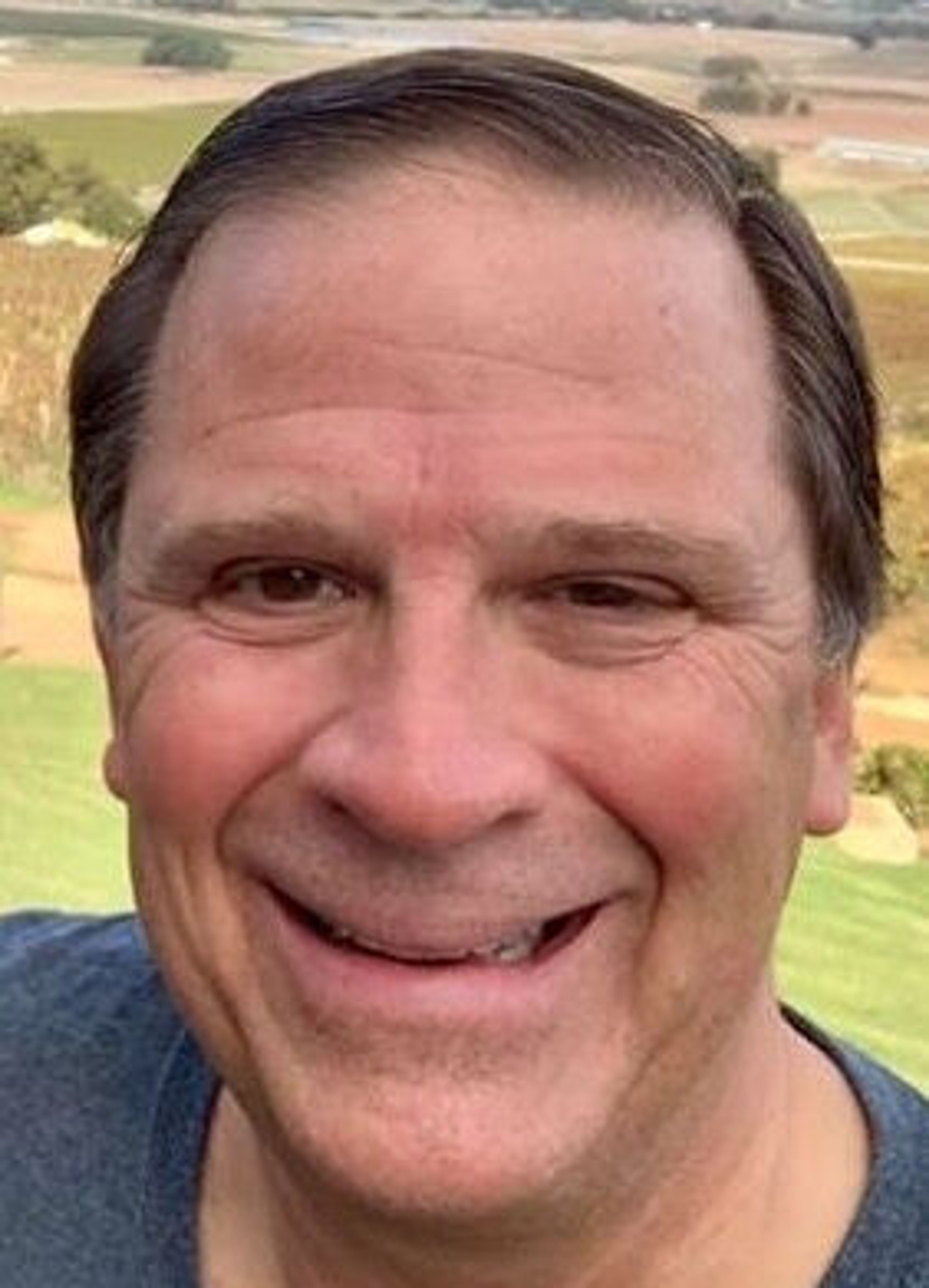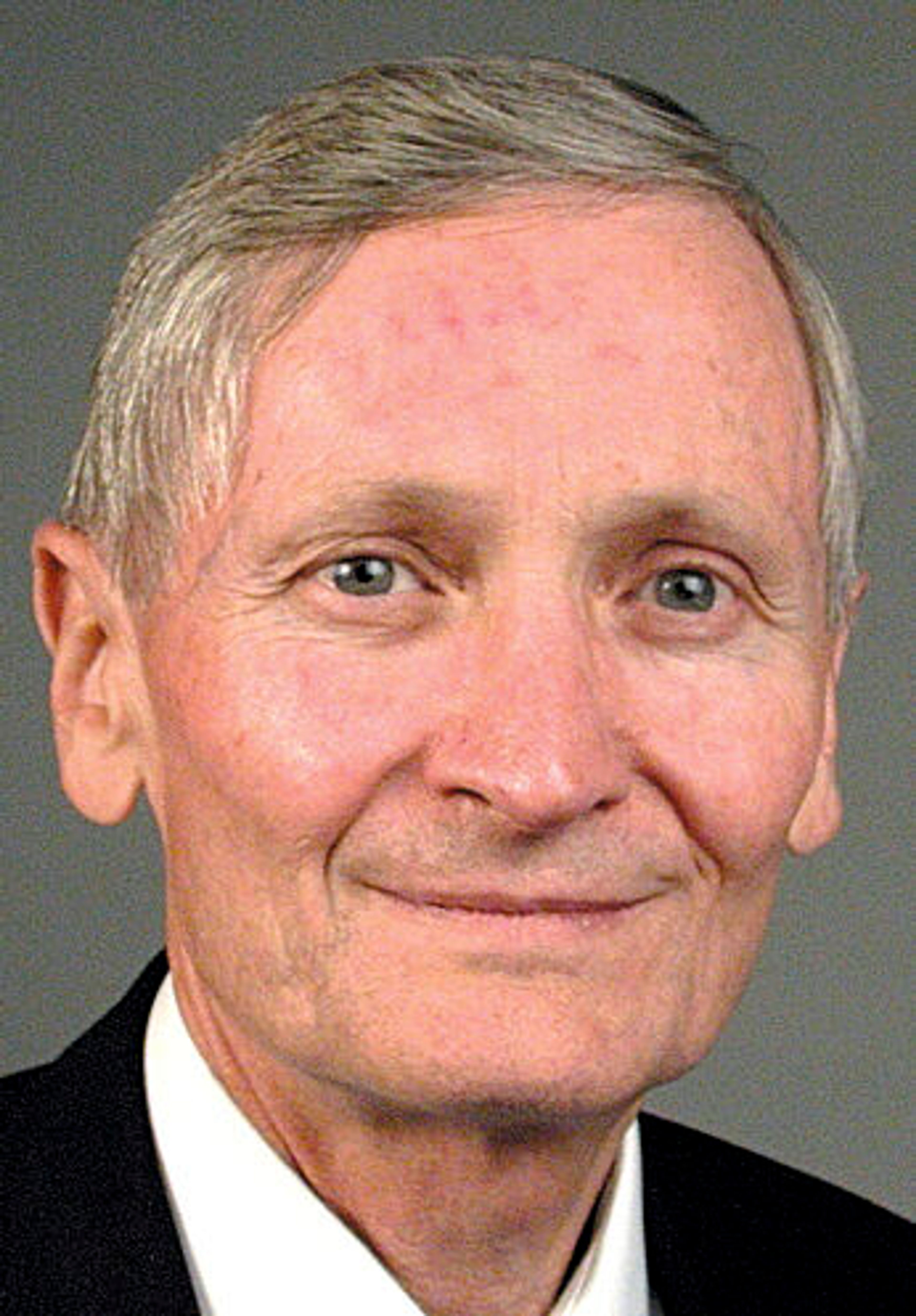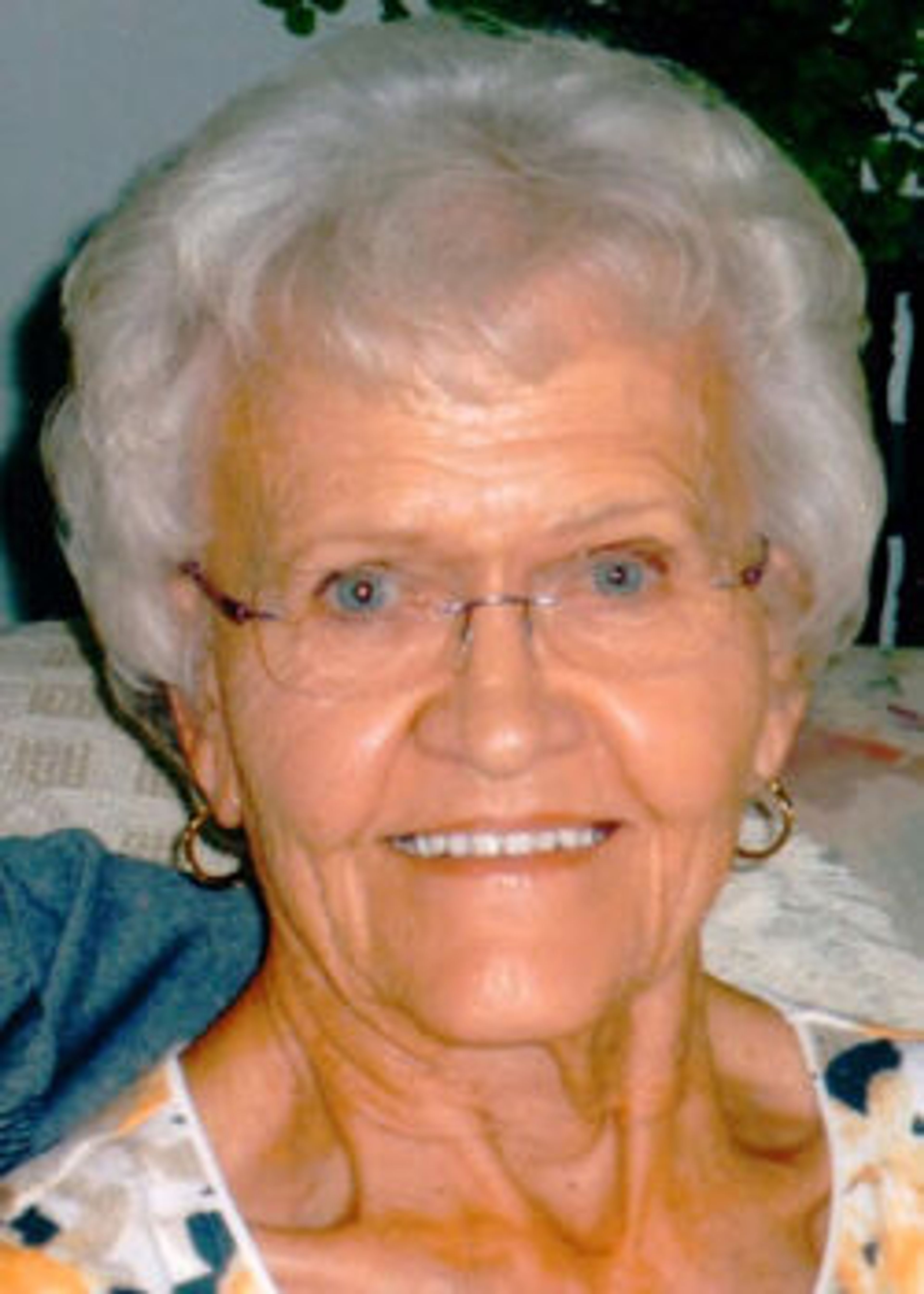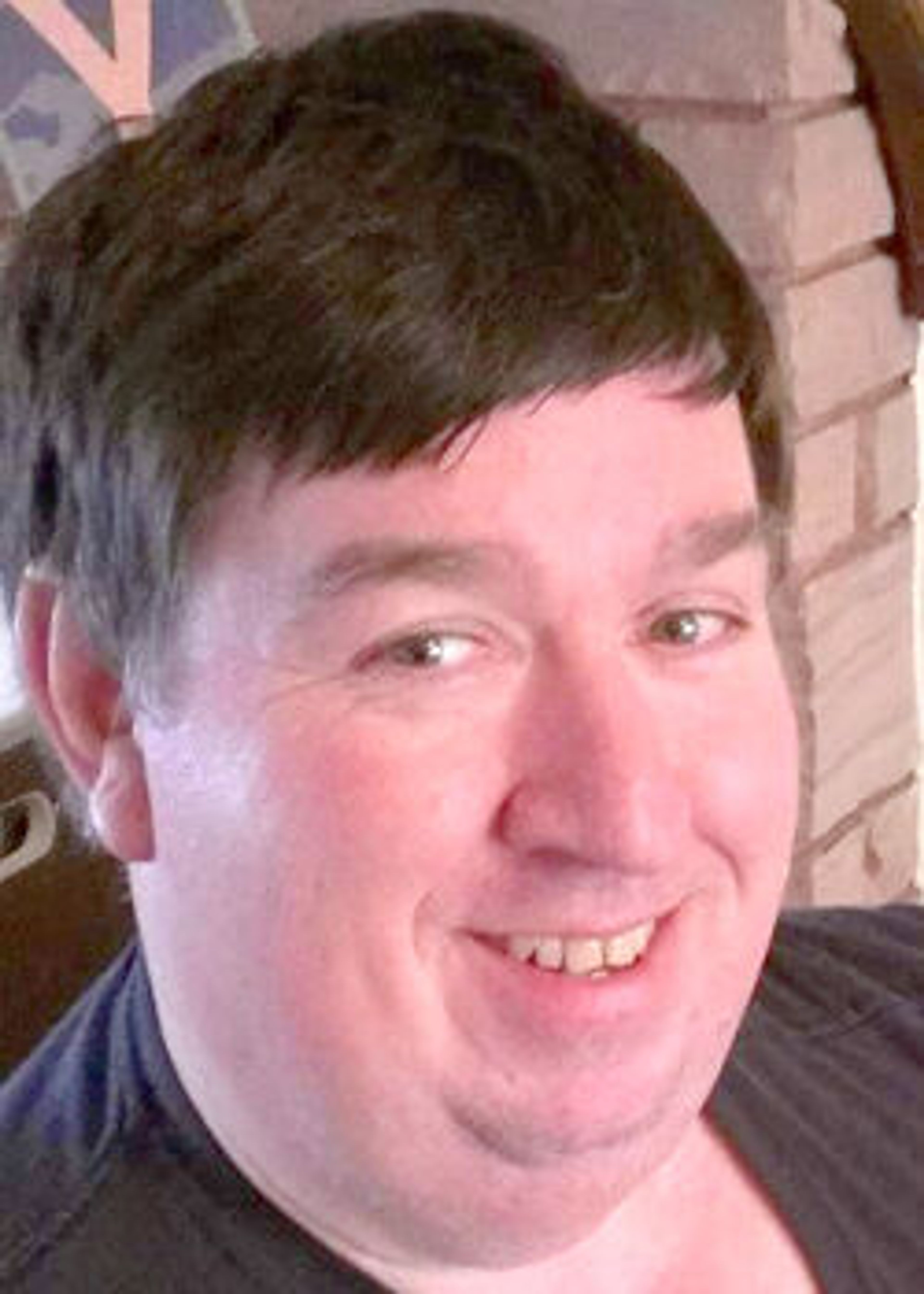Schools mark Indigenous Peoples Day
Moscow Human Rights Commission set up exhibit, worked with educators to honor history of Native Americans
Moscow’s K-12 schools received some extra help instructing students about the history of America’s native peoples Monday, in honor of Indigenous Peoples Day.
Latah County commissioners recently signed a proclamation replacing Columbus Day on the second Monday of October with Indigenous Peoples Day. The move follows a similar 2017 declaration by the Moscow City Council.
Typically, a gathering would take place in Moscow’s Friendship Square to honor the day with native storytellers and music. In light of the pandemic, organizers said they wanted to find other ways to honor the history of Native Americans without creating a public health risk.
In lieu of a gathering, the Moscow Human Rights Commission elected to do two things: Set up an exhibit featuring native authors at the Moscow Public Library and work with educators to create materials to offer to local schools to educate students about the indigenous peoples of the United States.
Commission member Rebecca Tallent, a retired University of Idaho professor who is Cherokee, and fellow educator Valorie Wiss worked together to develop materials for multiple grade levels.
Tallent said they wanted to help students understand native peoples outside common stereotypes as a diverse people spanning a vast continent and create familiarity with local tribes like the Nimiipuu — or Nez Perce — and Schitsu’umsh — or Coeur d’Alenes.
“Because of COVID, the Moscow Human Rights Commission felt it would not be safe to hold a drum and storytelling [event] as we have in Friendship Square the past two years,” Tallent said. “We thought reaching out to schools was an appropriate response, so I developed the secondary lesson(s) and Moscow resident Valorie Wiss, a former elementary teacher, developed for grades 1 through 6 using the same materials.”
Commission Chairman Ken Faunce said the materials were distributed to principals in the Moscow School District and offered to teachers to supplement their lesson plans for the day.
Chelsey Sullivan, third-grade teacher at Moscow’s McDonald Elementary School, said she found the materials particularly useful in describing the range and diversity of native tribes. She said when she was a child, it was rare that history was taught from an indigenous point of view.
“It was always like, ‘we’re learning about Columbus and what he did,’ — but now we’re teaching the indigenous side of it,” Sullivan said. “I think that’s really important; to see both sides of things and how it wasn’t just from the European standpoint.”
Despite rhetoric at the national level calling into question such histories, Faunce said understanding American heritage from the point of view of its native peoples is essential. He said acknowledging the historic missteps of a country like the U.S. is far from unpatriotic. He said “recognizing the bad does not mean you’re saying there has not been great things or you don’t love the country.”
“We need to recognize these bad things happened, that Native Americans resisted and survived and are still a vibrant culture,” Faunce said. “I’m an historian too and we have to recognize and accept the bad things that we’ve done if we’re ever going to move on and move past them.”
Scott Jackson can be reached at (208) 883-4636, or by email to sjackson@dnews.com.
